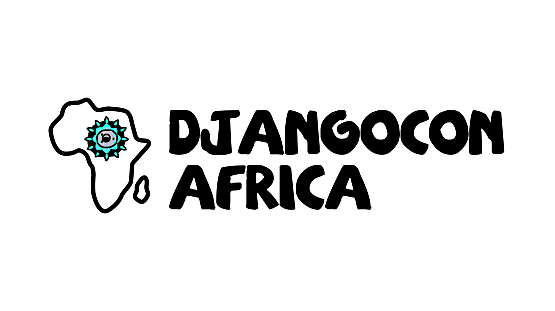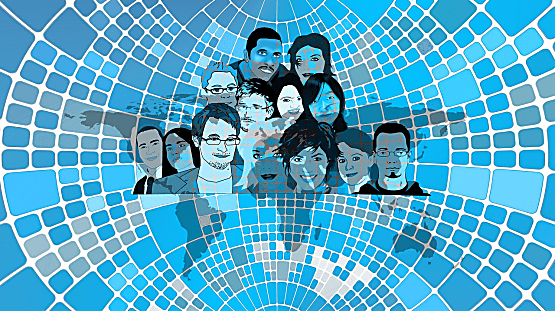-
Get to know Canonical, the company behind the products.
-
The world's favourite Linux OS for servers, desktops and IoT.
-
One subscription for security maintenance, support, FIPS and other compliance certifications.
-
The app store for Linux: secure packages and ultra-reliable updates.
-
A pure-container hypervisor. Run system containers and VMs at scale.
-
Build a bare metal cloud with super fast server provisioning.
-
Upgrades, maintenance, support, and fully managed options for long-term, low-cost infra.
-
Software-defined storage that lowers your total cost of ownership.
-
App portability for K8s on VMware, Amazon, Azure, Google, Oracle, IBM and bare metal.
-
Deploy, integrate and manage applications at any scale, on any infrastructure.
Stream Android applications to any device.
The software collaboration platform behind Ubuntu.
Optimised Ubuntu for public clouds.
Spin up Ubuntu VMs on Windows, Mac and Linux.
Control and customise your cloud instances.
Systems management and security patching for Ubuntu.
Simplify and standardise complex network configuration.
AI and MLOps at any scale, on any cloud.
Deploy a fully functional cloud in minutes.














